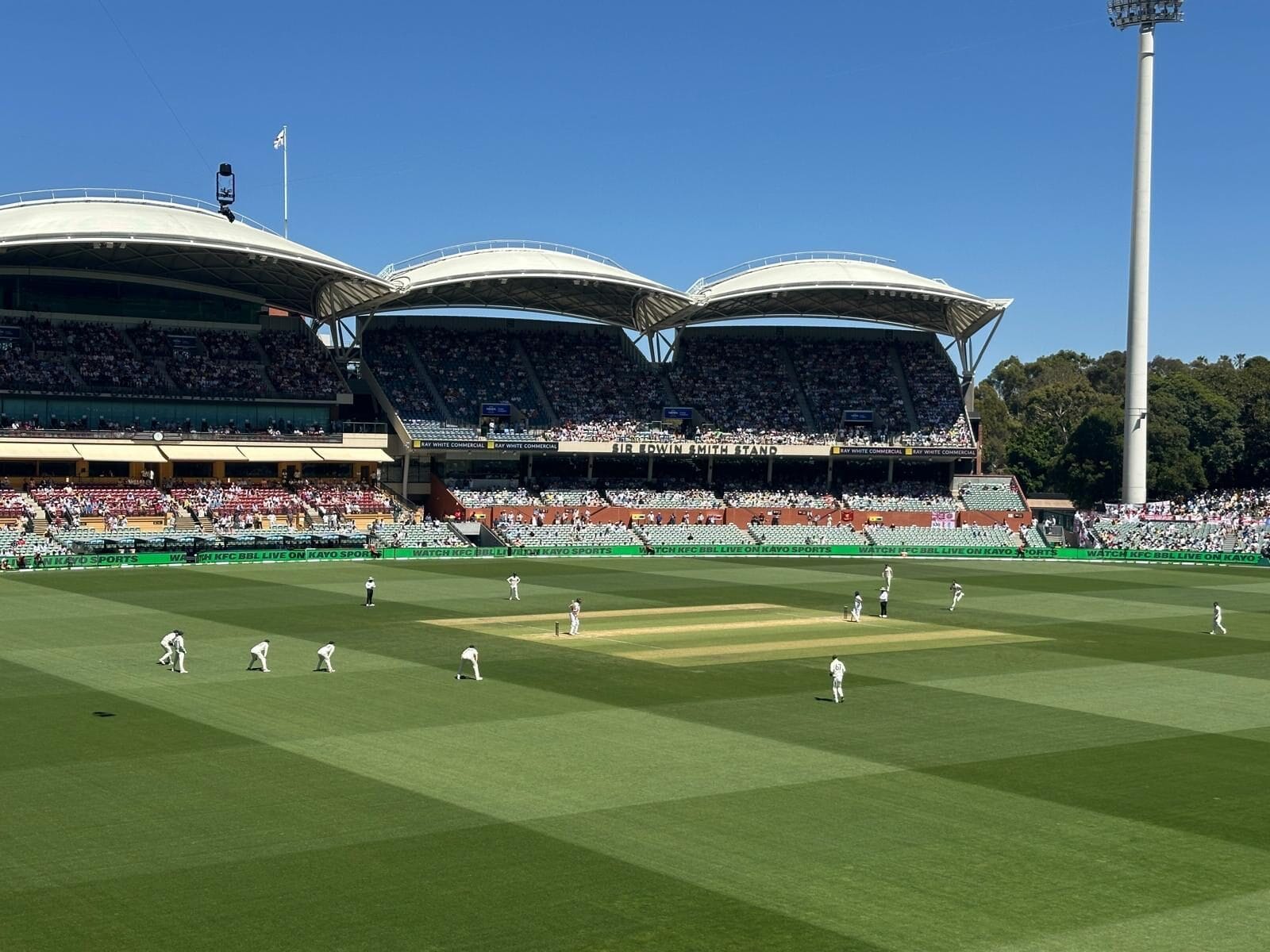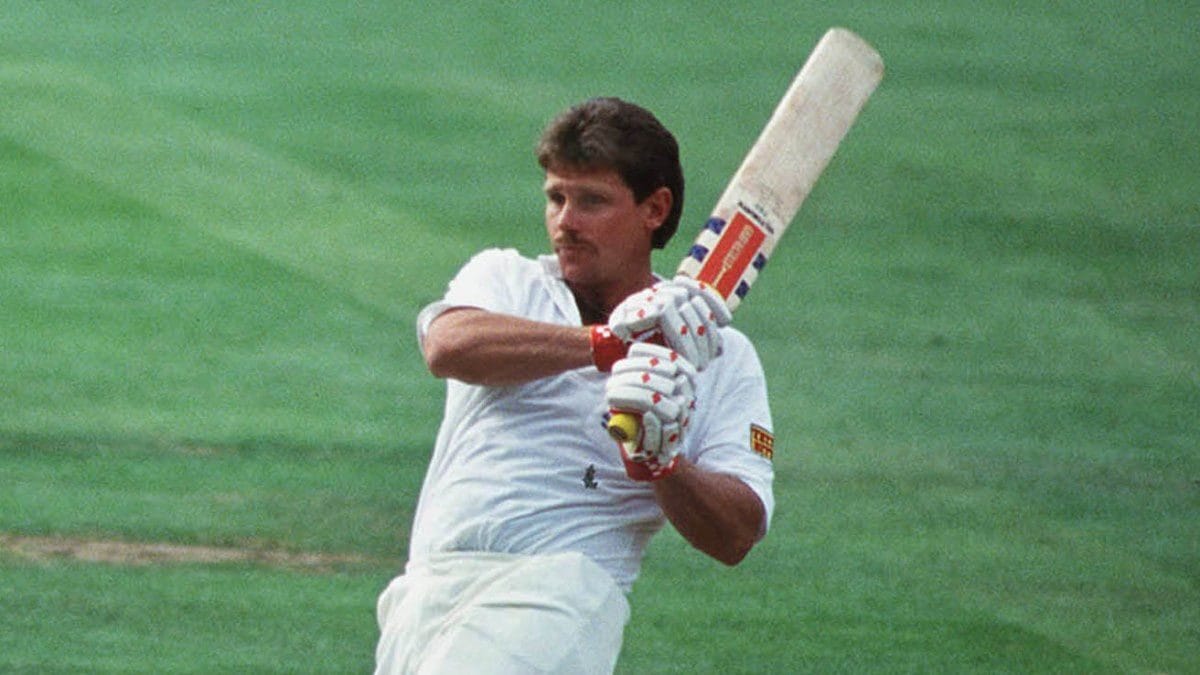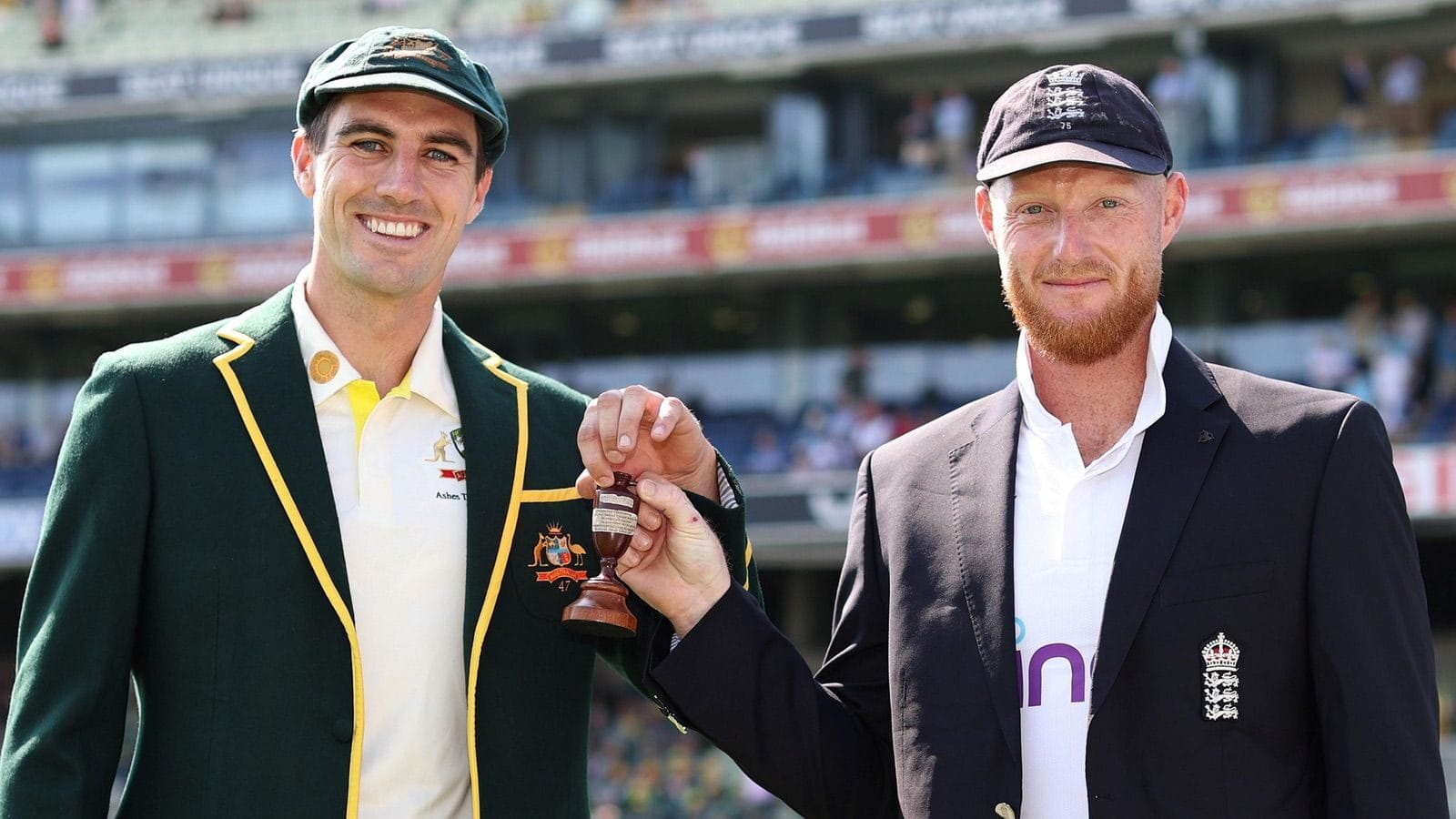The 2017 ICC Champions Trophy was a very enjoyable tournament. It was very compact – the whole thing was done and dusted between 1 and 18 June – in marked contrast to successive seemingly endless World Cups. Although there were few really close encounters, almost every game mattered in the context of the game as a whole. And it had a very popular and rather unexpected winner: we’re there any neutral observers who wanted India to win the Final? It was perhaps inevitable that the ICC should mark the conclusion of this popular tournament by announcing that it should be abolished and replaced with another T20 competition. Well, let’s hope not.
For Sri Lanka, it was business as usual: some moments of sublime attainment, usually at the hands of their promising younger generation. But they had a dreadful start, and in the end a possible semi-final spot was squandered by sloppy fielding. Still, at the start of the tournament nobody would have put money on them reaching the semi – final; the other members of Group B were India, Pakistan and South Africa. After their performance against South Africa that feeling must have strengthened. The fact that they came so close to qualifying must give at least some cause for optimism.
In terms of personnel Sri Lanka were able to welcome back their elder statesmen Angelo Mathews and Lasith Malinga (playing his first 50-over cricket for nineteen months) and it was certain that significant contributions would have to come from them and from the other senior players, Upul Tharanga and Dinesh Chandimal, if the team were to prosper. On balance their performances were disappointing, especially from Chandimal, who scored twelve against South Afica and made a duck against Pakistan (he missed out in the marvellous run chase against India).
That first game against South Africa must have engendered a feeling of déjà vu among the Sri Lankans. After all, they had recently lost all the Tests and ODIs on a rather traumatic tour there. South Africa piled on the runs, making 289 for six, with the remarkable Hashim Amla making a century and Faf du Plessis 75. Sri Lanka started well enough, with Niroshan Dickwella (41) and Tharanga putting on 69 for the first wicket in 8.2 overs: Dickwella, together with Pakistan’s surprise package Fakhar Zaman, was one of the most positive openers in the tournament, always looking to Attack from the very start. The highly experienced Tharanga carried on to make 57 but he received pitiful,y little support. Most of his colleagues were totally flummoxed by the leg spinner Imran Tahir, who took four for 27. Kusal Perera made a breezy 44 not out but they were all out for 207.
The comeback (also at The Oval) was remarkable, comparable to Pakistan ‘s in the same group. India made 321 for five, with a commanding century from Rohit Sharma. Sri Lanka effectively strolled to a seven wicket victory with eight balls to spare. This is the highest ever successful run chase in the Champions Trophy.
Tharanga, who had captained the side against South Africa, had been suspended because of a torpidity slow over-rate and Dickwella failed but Tharanga’s replacement as opener, Danushka Gunathilaka, a left -handed playing his twenty-first game, played splendidly to make 76 off 72 balls. The star performance, though, came from Kusal Mendis, who made 89 off 93 balls, adding 159 for the second wicket with Gunathilaka. Mendis’s innings was beautifully constructed: still only 22, he is steadily establishing himself as one of the best players of his generation, not just in Sri Lanka but in the world.
The youngsters set up a great platform for the middle order. Perera smacked 47 off 44 balls before retiring hurt with hamstring trouble. Mathews, on his day still one of the game’s outstanding players, eased Sri Lanka home, aided by the talented Asela Gunaratne.
Events elsewhere meant that the next game, against Pakistan at Cardiff was effectively a quarter-final. Pakistan won the toss and inserted Sri Lanka. There was another great start from Dickwella (73). Mendis looked in prime form until castles by an unplayable ball from the tournament’s best bowler, Hasan Ali. Mathews also looked threatening but was out to the first ball after the drinks break. 236 just didn’t look enough.
But when Pakistan were reduced to 137 for six and then 163 for seven, Sri Lanka seemed to have the game in the bag. Sarfraz Ahmed, however, was still there, accompanied by an amazingly cool Mohammed Amir. There were still plenty of overs left, and Mathews had no choice but to return to his potential wicket takers. Malinga came on for the 39th over and immediately fooled the Pakistan captain with a slower ball which was hit straight to Perera at mid on. Perera dropped what really was a sitter. It was difficult to avoid the feeling that this was a genuine game-changing moment. Astonishingly, Sarfraz was dropped again in Malinga’s next over. Pakistan won with 31 balls to spare.
Coach Graham Ford spoke optimistically about the future but within days of the tournament’s conclusion he was on his way, his contract terminated, as they say, by mutual consent. It seems a shame that the experienced Ford will not have longer to work with the predominantly young and maturing team. Still, no doubt Sri Lanka Cricket know best. They have had eight coaches or interim coaches since 2011. Nic Pothas, the fielding coach alongside Ford, has been appointed as interim head coach.
The real problem is the bowling. The batting is highly accomplished. It is becoming difficult, however, to continue to regard Mathews as a genuine all- rounder, because of persistent injury problems and that must affect the balance of the side, especially in one-day cricket, where his economy rate is better than anyone else’s. Malinga has said he wants to play in the 2019 World Cup. He seems to have been around for ever – he made his international debut in 2004. He is still only thirty-three, but there were times when Bowling ten overs in a single match seemed a big ask.
At the time of writing, Sri Lanka have just failed to defend a total of 316 against Zimbabwe at Galle. They need to unearth some new bowlers.
Bill Ricquier, 20/07/2017




